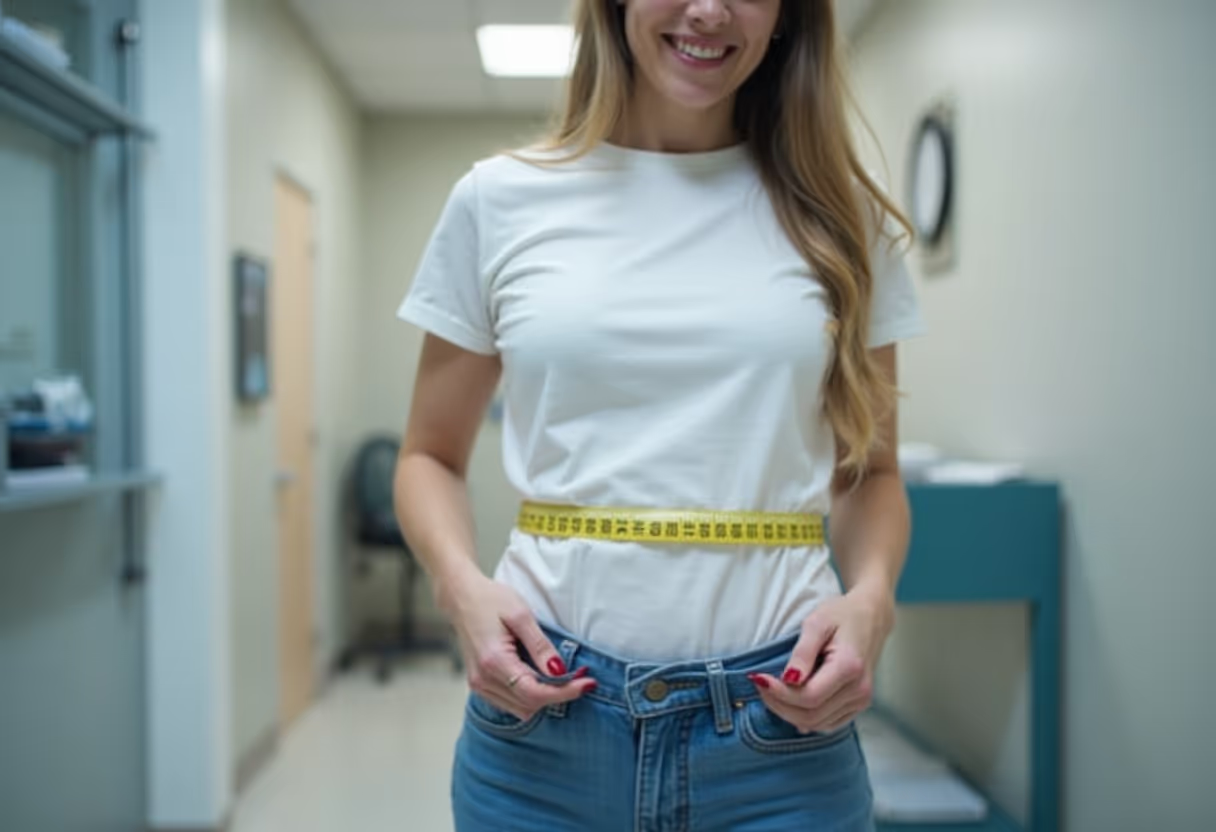BMI Requirements for Liposuction

Liposuction is one of the most popular cosmetic procedures for reducing stubborn fat and reshaping the body. But before surgery, plastic surgeons carefully evaluate whether a patient is a safe candidate. One factor they often consider is Body Mass Index.
Understanding BMI requirements for liposuction can help you determine whether you’re a good candidate or whether you may need to take steps before surgery. Let’s break it all down for you.
What is BMI and Why Does it Matter for Liposuction?
BMI, or Body Mass Index, is a number derived using your height and weight. While it does not directly measure body fat, it is a popular tool for evaluating overall health and highlighting the risks associated with being underweight, overweight or obese.
For surgical procedures like liposuction, BMI is significant because it helps with:
- Safety: Higher BMI levels are linked to increased risks during anesthesia and surgery.
- Healing: Patients with a higher BMI may have a delayed recovery time and a higher risk of complications including infection or poor wound healing.
- Results: Liposuction is intended to shape the body rather than to lose weight. Patients with a specific BMI range tend to get more natural, balanced results.
Ideal BMI Range for Liposuction Candidates
Most surgeons recommend a BMI under 30-35 for liposuction, though the exact cutoff can vary. Here’s an overview:
- BMI Under 30: Generally considered ideal for safety and predictable outcomes.
- BMI 30 to 35: Some patients may still qualify, depending on their overall health and body composition.
- BMI Over 35: Many surgeons will advise weight reduction before surgery to reduce risks and improve results.
That being said, BMI isn’t the only factor. A patient’s overall health, skin elasticity, and personal goals can sometimes matter more than a strict number. Skilled surgeons make case-by-case decisions, considering the full picture of the patient rather than BMI alone.
Can You Get Liposuction if You’re Overweight?
To put it simply, yes, being overweight doesn’t automatically disqualify you from getting lipo. Many patients with a BMI in the overweight range (25-29.9) and even some in the low 30s can still be excellent candidates. Surgeons look beyond BMI to consider factors such as:
- Skin Elasticity: Good skin tone and type help ensure smooth results after fat removal.
- Medical History: Conditions like diabetes or heart disease may raise surgical risks.
- Patient Goals: Liposuction is best for targeted contouring, not large-volume fat removal or significant weight loss.
It’s important to remember that liposuction is not a substitute for diet and exercise. Instead, it refines areas that don’t respond well to lifestyle changes, such as the flanks, thighs, or abdomen.
Risks of Liposuction With a Higher BMI
Patients with a higher BMI may have greater risks before and after surgery, including:
- Complication Risks: There is a higher risk of infection, hemorrhage, anesthetic issues, and poor wound healing.
- Longer Recovery Times: More swelling, discomfort, and downtime may occur.
- Aesthetic Limitations: Removing too much fat might create contour defects, while removing too little may not yield the desired results.
For these reasons, many surgeons advise patients with higher BMIs to achieve a stable, healthy weight before surgery. This not only improves safety, but it also ensures that the outcomes are more proportional and long-lasting.

Alternatives and Preparation if Your BMI is Too High
If your BMI has become too high for safe liposuction, you have other options. Preparation can help you get closer to candidacy and improve your overall health. Some options include:
- Weight Management: Prioritize long-term lifestyle modifications such as balanced nutrition, frequent exercise, and, if necessary, medical intervention.
- Non-Surgical Fat Reduction: CoolSculpting and SculpSure can decrease fat without surgery, but the results are more subtle.
- Staged Procedures: In some circumstances, surgeons may advise treating smaller areas first or arranging surgery in stages after weight stabilization.
These precautions not only make liposuction safer, but they can also improve the quality of the results.
Are You a Candidate for Liposuction?
The only way to know for sure is through a consultation with a board-certified plastic surgeon. During your visit, your surgeon will:
- Review your BMI and overall health.
- Assess skin elasticity and treatment areas.
- Discuss your goals and expectations.
- Recommend whether liposuction, a non-surgical option, or weight management is the best next step.
All that said, BMI provides helpful guidelines, but individual assessment matters more than just the number. Some patients with a higher BMI may still qualify, while others with lower BMIs may need to address other health factors first.
Let Bliss guide your liposuction journey with expert care, personalized results, and confidence every step of the way. Get started by opening your profile and matching with a surgeon today.
FEATURE OF THE WEEK
Subscribe for cosmetic insights.
Get the latest in aesthetic innovation, support, and self-love straight to your inbox.












Lorem ipsum dolor sit amet, consectetur adipiscing elit. Suspendisse varius enim in eros elementum tristique. Duis cursus, mi quis viverra ornare, eros dolor interdum nulla, ut commodo diam libero vitae erat. Aenean faucibus nibh et justo cursus id rutrum lorem imperdiet. Nunc ut sem vitae risus tristique posuere. uis cursus, mi quis viverra ornare, eros dolor interdum nulla, ut commodo diam libero vitae erat. Aenean faucibus nibh et justo cursus id rutrum lorem imperdiet. Nunc ut sem vitae risus tristique posuere.
DeleteLorem ipsum dolor sit amet, consectetur adipiscing elit. Suspendisse varius enim in eros elementum tristique. Duis cursus, mi quis viverra ornare, eros dolor interdum nulla, ut commodo diam libero vitae erat. Aenean faucibus nibh et justo cursus id rutrum lorem imperdiet. Nunc ut sem vitae risus tristique posuere. uis cursus, mi quis viverra ornare, eros dolor interdum nulla, ut commodo diam libero vitae erat. Aenean faucibus nibh et justo cursus id rutrum lorem imperdiet. Nunc ut sem vitae risus tristique posuere.
Delete